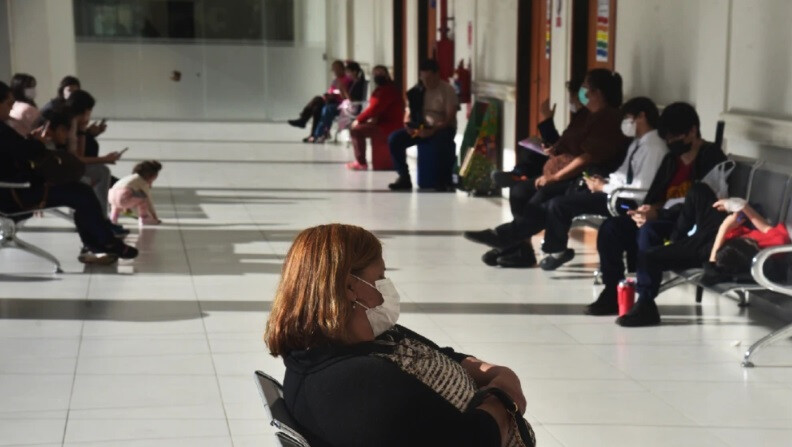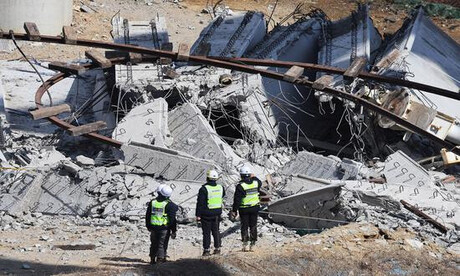
ASUNCIÓN, Paraguay – Paraguayan health authorities have issued a nationwide epidemiological alert due to a sharp increase in hospitalizations for respiratory illnesses. The Influenza A (H1N1) virus is particularly rampant, leading to severe infections and a rising death toll. The Ministry of Health is strongly urging citizens to get vaccinated and adhere to personal hygiene and preventative measures.
Current Status of Respiratory Illness Spread
According to reports on June 16, 2025, a total of 410 patients were hospitalized with severe acute respiratory infection (SARI) in the past week. This represents a 3% increase compared to the previous week. Of particular concern is that 40 of these severe cases, or 10% of those admitted to intensive care units, have died. So far this year, there have been a total of 125 deaths due to respiratory viruses, with the majority of these individuals confirmed to be unvaccinated against influenza or SARS-CoV-2.
According to the Directorate General of Health Surveillance (Dirección General de Vigilancia de la Salud), the number of influenza-like illness (ILI) and SARI cases has been continuously increasing over the past nine weeks. Simultaneous viral outbreaks are being observed across the country, particularly affecting infants under two years of age and individuals over 60, who are at higher risk. Following these age groups, those between 5 and 19 years old are also showing high infection rates.
Predominant Circulating Viruses
Currently, the most prevalent respiratory virus circulating in Paraguay is Influenza A H1N1, accounting for 68% of all detected cases. This is followed by Respiratory Syncytial Virus (RSV) at 19%. Rhinovirus and SARS-CoV-2 (COVID-19) are also continuously being detected.
Influenza A H1N1 was the cause of the 2009 global pandemic (swine flu) and causes symptoms such as high fever, cough, sore throat, runny nose, headache, and muscle aches. In severe cases, it can lead to serious complications such as pneumonia and acute respiratory distress syndrome, posing a particular risk to infants, the elderly, and individuals with chronic diseases who have weakened immune systems.
Respiratory Syncytial Virus (RSV) is one of the main causes of bronchiolitis and pneumonia in infants. While it typically causes mild cold-like symptoms in adults, it often leads to respiratory distress in infants, requiring hospitalization.
Health Authorities' Response and Recommendations
In response to this situation, the Paraguayan Ministry of Health has issued an epidemiological alert and instructed healthcare facilities and professionals to strengthen epidemiological surveillance, enhance prevention and control measures, and improve patient care and management capabilities.
The Ministry of Health and related scientific societies are strongly recommending vaccination to the public. Dr. Julia Acuña of the Paraguayan Pediatric Society urged people to take advantage of the holiday period to get vaccinated, stating, "Vaccination against influenza, COVID-19, and RSV is crucial to prevent progression to severe illness." Vaccines are available at local vaccination centers.
Furthermore, health authorities are emphasizing the following personal hygiene and preventative measures:
Hand Hygiene: Wash hands frequently with soap and water or use an alcohol-based hand sanitizer.
Surface Disinfection: Clean and disinfect surfaces with water and detergent, or soap, and 70% alcohol.
Mask Wearing: Wear a mask when experiencing respiratory symptoms or in crowded places.
Avoid Sharing Personal Items: Do not share personal utensils such as spoons, cups, or mate with others.
Avoid Secondhand Smoke: Avoid exposure to tobacco smoke to prevent the worsening of respiratory symptoms.
Promote Breastfeeding: Encourage breastfeeding to strengthen infants' immunity.
School Filters: Strengthen preventative measures in crowded places such as schools, cultural facilities, and sports facilities to prevent the spread of disease.
This surge in respiratory illnesses is placing a significant burden on Paraguay's healthcare system and poses a serious threat to the health of vulnerable populations. Urgent action is needed from both health authorities and the public through active cooperation to overcome the current crisis and mitigate further harm.
[Copyright (c) Global Economic Times. All Rights Reserved.]





























